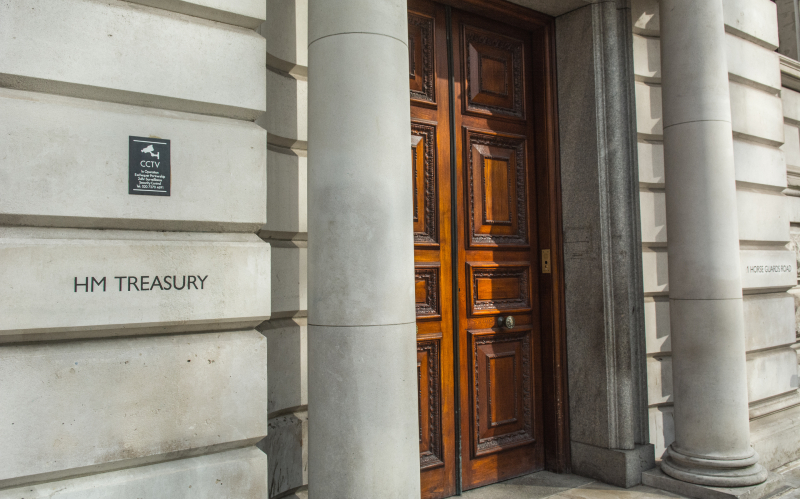
The Autumn Statement was delivered to the UK Parliament yesterday by current Chancellor Jeremy Hunt. Contained within are the widely reported changes to the income tax threshold, freeze on National Insurance and Inheritance Tax thresholds for an extra two years (until; 2028), and the increase in state pension in line with inflation.
Less reported, but also included within the 2022 Statement is a cut to tax-free allowances for Capital Gains Tax and Dividend Allowance. While these latter proposals have attracted less attention, they are still very significant.
Current position: Capital Gains Tax and Dividend Allowance
Capital Gains Tax is paid on gains you make when you dispose of certain assets, for example heritable property that is not your main residence, i.e. holiday homes. Currently, the tax-free annual allowance for Capital Gains is £12,300 (£6,150 for Trusts).
If you pay basic rate Income Tax, the rate of Capital Gains Tax you pay will depend on a number of factors, including the size of the gain and your taxable income. The basic rate is either 10% or 18% depending on the asset that has gain in value. If you pay a higher or additional rate of Income Tax, Capital Gains Tax is charged at 28% on residential property gains and 20% on other assets.
Tax is payable on dividend income that exceeds both any available Personal Allowance and your Dividend Allowance. Currently, the Dividend allowance is £2,000. The tax rate payable on dividends that exceed your allowances are dependent on your Income Tax band.
Changes to Capital Gains Tax
The Government’s proposal is to reduce the annual tax-free exemption over the next two years. In April 2023, the exempt amount will be reduced by more than half to £6,000 per annum. From April 2024, this amount will be halved again to £3,000 per annum. There is currently no proposed change to the tax rates.
The effect is individuals who dispose of assets for a gain will be more likely to have to pay CGT.
Changes to Dividend Allowance
Cuts to the yearly Dividend allowance are also imminent. The Autumn Statement announces an allowance reduction to £1,000 from April 2023. This amount will also be halved from April 2024, to £500 per annum.
Who will be affected? What do I need to consider?
Any individual who received Dividends will need to consider the implications of the reduced allowance. Similarly, anyone who has a Capital Gains Tax liability will be impacted by the not insignificant reduction in tax-free allowance.
In addition, you should consider the Capital Gains Tax implications that arise during estate administration and the impact that this will have on your beneficiaries when you pass away. CGT can particularly be a factor when considering any gain on a sale of a house during an executry if the sale price is greater than the value at the time a person dies. At the moment, any gain can be shared out amongst beneficiaries to allow them all to utilise their own personal allowances and therefore avoid CGT apply. With the lower thresholds coming in, this opportunity to mitigate tax has been drastically diminished.
For further information and advice relating to Wills, succession planning or estate administration, please contact a member of Thorntons’ Private Client Team on 03330 430150.

